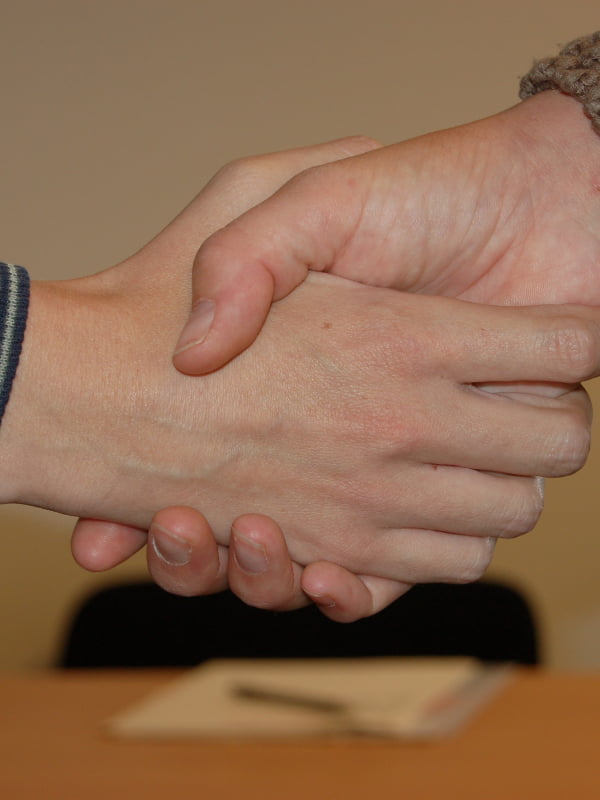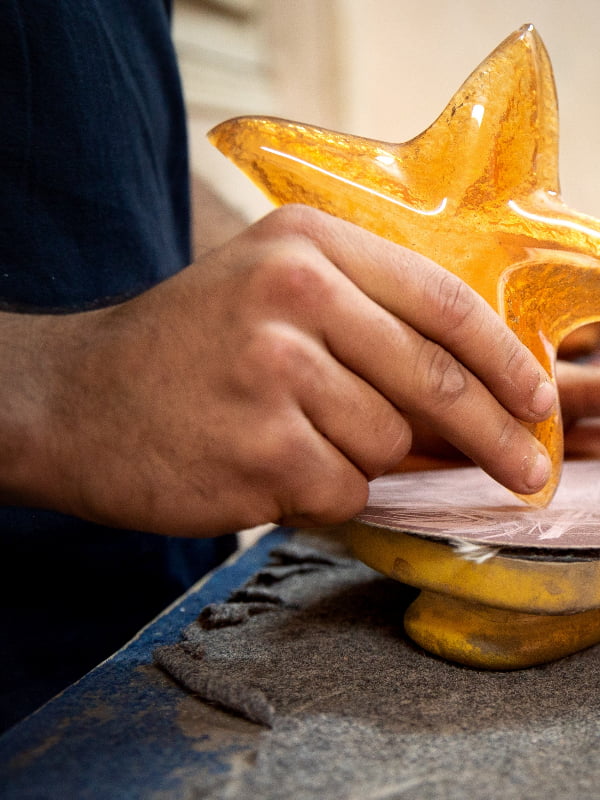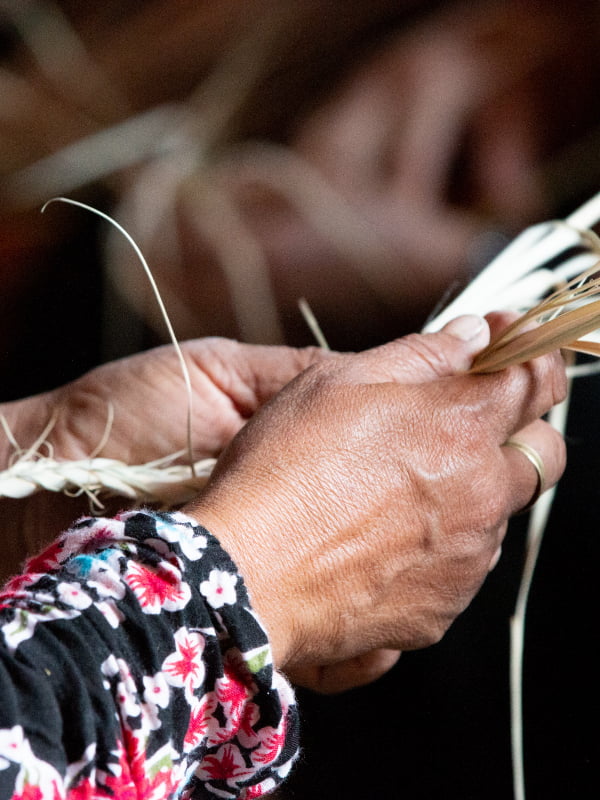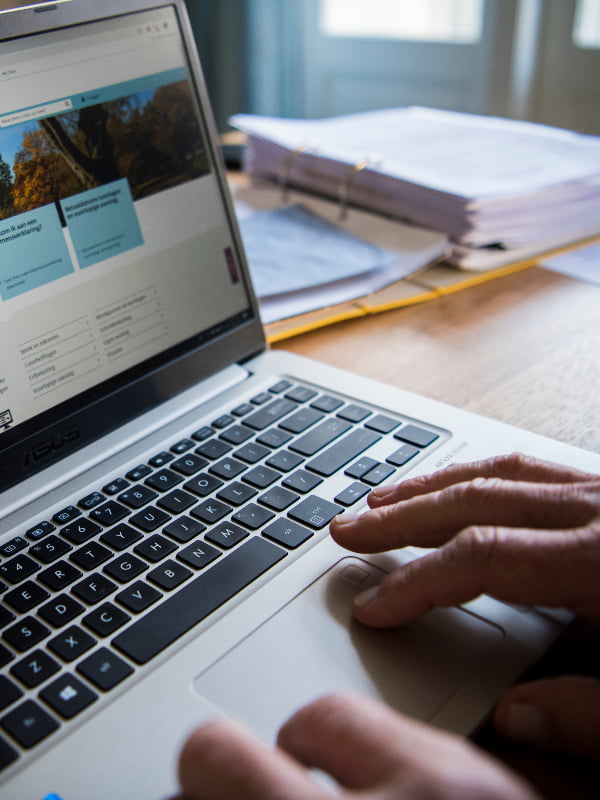Granting Licences to Use Your Patent
You own a patent, but want another party to use it. Or perhaps you want to use know-how that is protected by someone else’s patent. In these cases, a licence is the obvious solution.
A patent licence is an agreement between the licensor (the patent owner) and the licensee. By granting a licence, the licensor gives the licensee permission to:
- manufacture the invention themselves;
- and/or to sell it;
- and/or to apply it (if the invention is a process).
You can grant a licence for anything covered by your patent, or for a specific country or market and/or area of application. The licensee usually pays a sum of money (either fixed or variable) to the licensor in exchange for the licence.
Cross-licensing
It is also possible for 2 patent owners to grant licences to each other. This is often done when the 2 inventions are part of a single product. This way, both patent owners are free to market that product. This type of licence exchange is known as ‘cross-licensing’. A possible advantage of such an exchange is that it gives a company access to new knowledge.
It is always important to record agreements between parties in a licence agreement.
Types of licences
There are different types of licences to choose from. The options are as follows:
- exclusive licence;
- semi-exclusive licence;
- non-exclusive licence;
- open licence.
Advantages of granting licences
A licence offers the licensor a way to earn more money from their patent. Other advantages:
- The licensor keeps permanent control over the invention.
- The licensor still has the option to combine their own production with a licence in other countries or market segments.
- If the licence is non-exclusive, the licensor is not dependent on a single customer. This lets them market the invention through more than one channel.
- Open licences ensure a good balance between supply and demand.
- An exclusive licence keeps the market transparent.
Disadvantages of granting licences
Licences also limit the licensor in some ways. For example:
- The reputation of a product becomes partly dependent on the quality of other suppliers.
- The licensee and licensor can have different interests when it comes to maintaining the patent.
- The licensor may risk becoming too dependent on the success of their licensees.
- A licensee with an exclusive agreement can keep the product or service off the market.
- In many cases, the interests of the licensee and licensor begin to conflict with one another over time. This may lead to disputes.
Looking for or offering licences on your own
You can look for licensing parties on your own or offer licences on your patent yourself. You can find licensing parties by searching patent databases, contacting a knowledge broker, or using a mediation website. You can offer a licence on your patent through the Netherlands Enterprise Agency’s Enterprise Europe Network, which offers bespoke matchmaking in over 60 countries.
How to offer your patent for licensing
To offer your patent(s) for licensing, you must first complete a ‘Declaration of willingness to license’ form for each patent. The patent number and personal details on this form must match the information in the patent register. Be sure to note the name of the contact person on the form as well.
Next, all patent owners must sign the form. Without this/these signature(s), we will not be able to include your patent in the digital patent database for bespoke matchmaking.
Send the completed and signed declaration to:
Netherlands Patent Office
P.O. Box 10366
2501 HJ The Hague
The Netherlands
You have filed a patent application
Have you filed a patent application for the territory of the Netherlands, but are you still waiting for approval? In that case, you can go ahead and make it known that you want your patent to be included in the digital patent database for bespoke matchmaking. To do this, you will need to complete the ‘Declaration of willingness to license’ form mentioned above. In the field for the patent number, enter the application number. You can find this number in the letter confirming receipt of your patent application.
Other ways to use your patent
Questions about patents?
If you need more information on how to apply for a patent in the Netherlands, please contact the public information office.
- Ministry of Economic Affairs



